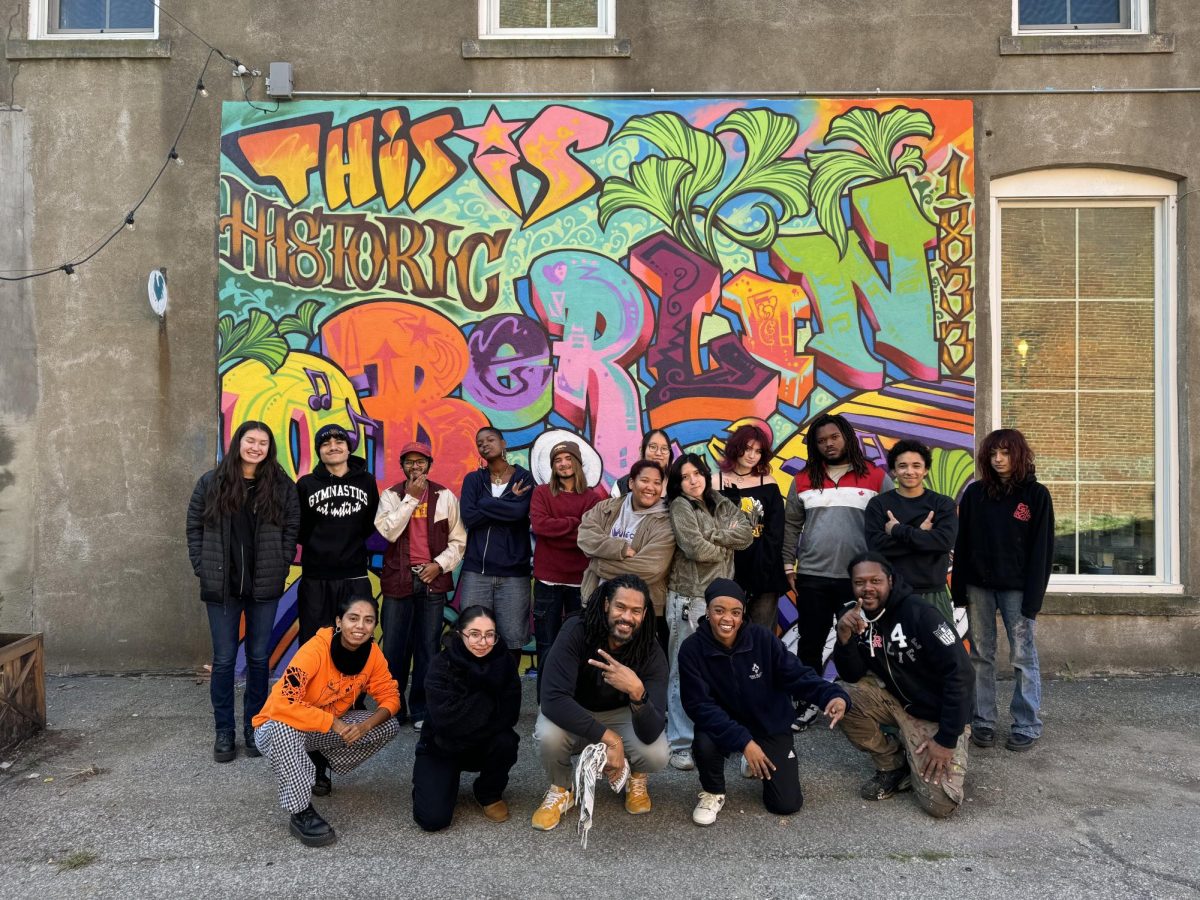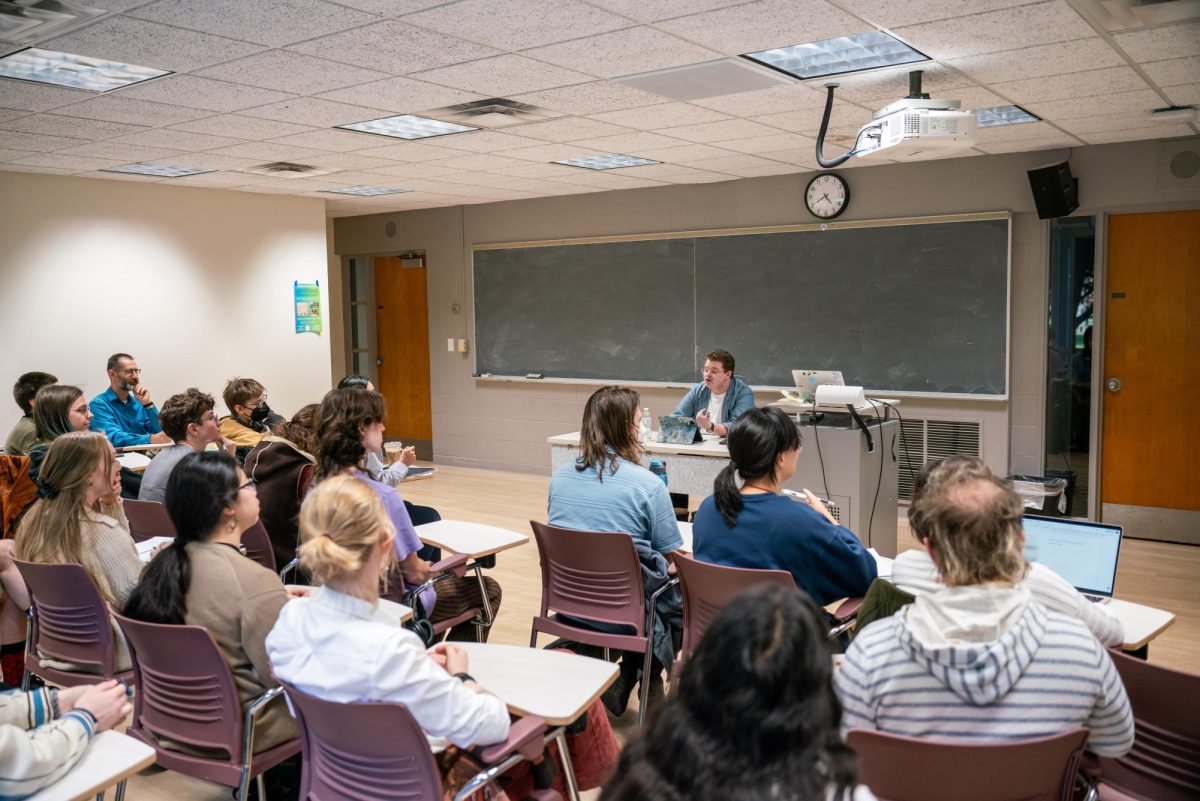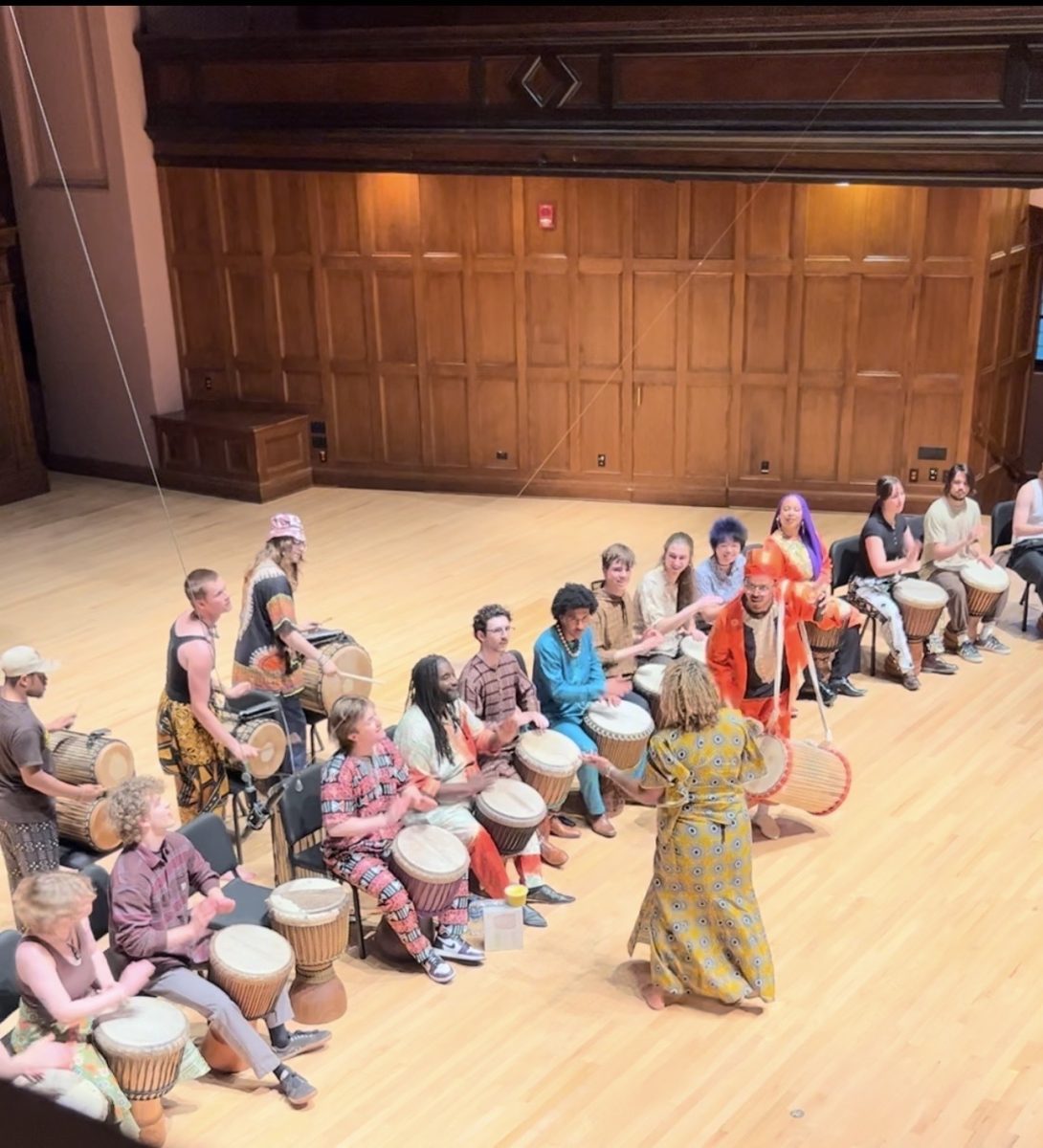New York, I Love You but You’re Bringing Me Down
April 23, 2016
The 2016 presidential campaign has been nothing short of absurd, and Tuesday’s New York primary marks yet another twist in the road to the nominations. Hillary Clinton and Donald Trump won their respective primaries by about 60 percent each. Trump won in almost every district, with 60.5 percent total, and will receive 89 of New York’s 93 Republican delegates. Clinton’s victory was less stunning, but she still won 33 more Democratic delegates than Bernie Sanders, furthering her lead against him. She is now 246 pledged delegates ahead of Sanders, and the lion’s share of the party’s 540 superdelegates also support her.
These results solidify the leads of Clinton and Trump after several weeks in which their candidacies hung in the balance. Before Tuesday, Sanders had won seven primaries and caucuses in a row. His candidacy for president seemed well within the realm of possibilities. However, the race is looking toward primaries and caucuses that will most likely give Clinton a win. As much as it pains me to write this, any realistic person should admit that Sanders’ victory over Clinton is no longer a significant possibility.
Trump’s victory has solidified his lead. Nevertheless, his path to the Republican nomination will be rife with challenges. Unlike Clinton, he is not the establishment candidate and continues to be a polarizing figure who, if chosen, will have difficulty uniting the Republican party around himself in the November election. Despite his resounding victory in New York, Trump may not be able to win enough pledged delegates to be assured a nomination in the first round of voting at the Republican convention. After the third round of voting, most delegates become free agents, able to vote for anyone they wish. Kasich’s weak second place in New York and Cruz’s recent victories have left both of them possible candidates, should the Republican Convention move to multiple rounds of voting.
The fact that Sanders’ nomination is now unlikely after so many strong showings in recent weeks, while Trump’s rivals remain possible candidates despite not having won nearly as many states, reveals the failings of our political system. The success of two anti-establishment candidates points to the American people’s anger toward, and alienation from, their government. The entire campaign has been mediated by oligarchic structures that counterbalance the popular will.
This is nothing new. In fact, is a fundamental feature of American political society designed by the Founding Fathers. Public discontent with the government will have to be resolved one way or another. The political elite will have to respond to these challenges to our political order and allow for the creation of a more open, inclusive and truly democratic system. Otherwise, the public will demand more profound and revolutionary changes. The 2016 election campaign is truly the beginning of a new era, one in which our myriad political problems and the ludicrousness of our election process have been exposed. One can only hope this year will provoke deep soul-searching among the political elite and a newfound movement to imbue our political system with a sense of justice and morality for the first time since its inception.


















